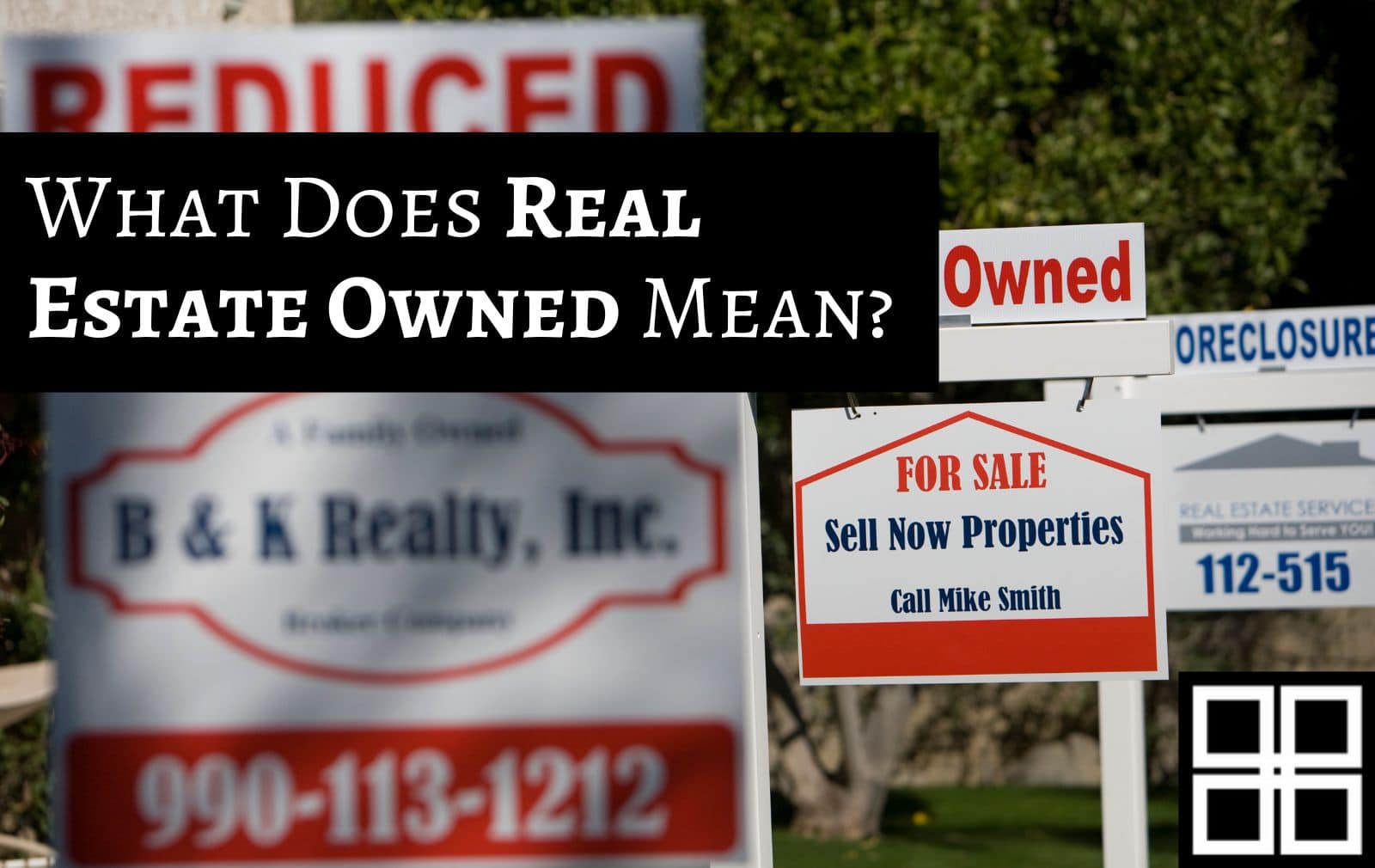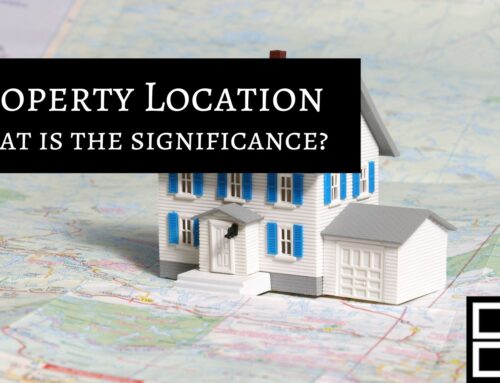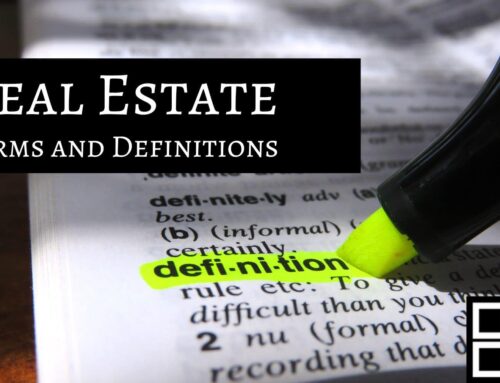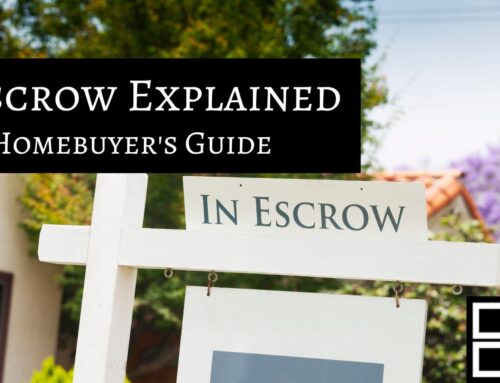What is Real Estate Owned?
Real estate owned (REO), also known as a property owned by a bank, is a property that has not been sold at a foreclosure auction. REO properties are those that have been repossessed by the bank after defaulting owners. When a property fails to sell for the amount needed to pay off the loan, the lender (often a bank) takes over ownership. These properties are usually sold at a substantial discount, but they may need extensive repairs.
Understanding REO properties
Pre-foreclosure is often triggered by a defaulted mortgage. This can be done through a short sale of real estate or an auction. In the event that neither of these options is successful, the lender can take ownership of the property. The lender can be a bank, a non-traditional lender, Freddie Mac and Fannie Mae, or another government entity.
Banks can sell REO properties without using real estate agents. In this case, banks list REO properties on their websites. The loan officers of a bank may inform customers who are looking for a home about REO properties that it has in its portfolio.
REO properties are managed and maintained by the REO specialist of the lender. They are responsible for:
- Market the property
- Reviewing any offer
- Regularly preparing reports on the state of the properties in the bank’s portfolio
- Finding the perpetrators of crimes
REO specialists also work closely with the in-house property manager or property manager contracted by the lender to secure properties, winterize them or prepare them for vacancy. These job functions are performed by the REO specialist to assist in the quick liquidation of bank properties.
Special considerations
REO specialists will often hire local agents to list their properties in the Multiple Listing Service (MLS), so that they can get more exposure. Listings on the MLS will be visible to potential buyers of real estate sites, such as Zillow and Realtor.com. Also, Redfin and Trulia. REO listing agents should bring any offers received to the REO expert.
How properties become an REO
How does a property get to be owned by a real estate company? Lenders must follow a certain process to transfer ownership from the original owner. The default of the mortgage or home loan is what starts it. The lenders usually have a deadline, which is normally within a couple of months. Lenders will work with borrowers to get a mortgage current when it is in default. If not, the mortgage will be foreclosed.
The foreclosure process is a legal procedure. The lender can repossess and sell the property to recover the outstanding loan balance. In some cases, lenders are unable to sell the property. At this point, the property becomes real estate. The lender prepares the property for sale and manages it.
Advantages and disadvantages of REO properties
Advantages
REO properties are attractive to homebuyers and real estate investors because they offer a cost-effective investment. Since selling these properties isn’t their main business, banks may sell them below their market value.
In many cases, the defaulted payments are not just outstanding loans. It can be property taxes and other debts. Foreclosure is used to remove all liens and sell the property. An REO is a property that has no liens, which means there are no defects in the title and no outstanding debts.
Most lenders do not want to keep REO properties. They lose money if they keep them on the market. They’re more motivated than regular sellers to sell the REO properties. Lenders may be more willing than usual to negotiate with buyers, allowing them to get a better deal.
Disadvantages
Lenders usually sell REO properties as-is. The lender will not do any major repairs or renovations before selling. The properties are usually in poor condition, so you should have a home Inspection. You also need to be ready to do any necessary renovations and upgrades.
In order to restore a property that has been neglected or severely damaged, it may be necessary to undertake extensive repairs and upgrades. Repair costs can easily negate any price savings made by buyers.
Multi-family houses may still have tenants occupying them, even if the single-family house occupants are evicted before listing. It is possible that buyers will end up as landlords even though they did not intend to. The buyer will need to be careful to comply with the local and state laws regarding landlord-tenant relationships by honoring any existing leases.
REO Pros
- Discounted Prices
- No outstanding debts or liens
- Lenders are willing to negotiate
REO Cons
- Property sold as is
- Repairs are expensive
- Tenants can rent out their properties

What does real estate owned mean?
Real estate is a property that is owned by a lender or bank. Lenders take over properties that fall into this category after original borrowers default their mortgages. The lender will then repossess and auction the property. The property will become part of the lender’s inventory if it is not sold.
How does a property become an REO?
Before a property can be considered real estate, it must undergo a certain process. The borrower first defaults. The lender can take possession of the property if they cannot negotiate the repayment of the mortgage. The lender can then evict the occupants of a single family home and prepare it for auction. If the property cannot be sold, then it becomes a part of the lender’s inventory, and therefore real estate owned.
What should I offer on a real estate owned property?
It depends. The lenders are usually very motivated to get rid of REO properties. This means they will often sell them at a higher discount than other REOs. You’ll pay less (significantly) if you were to buy a home from the original lender. If you feel you are not getting the best deal, compare the price of the home to other homes in the same area.
The bottom line on REOs
REO is one of those real estate terms that not everyone hears often. Real estate is a great investment opportunity. It can be very profitable for investors. Where should you begin your search? Investors often find great opportunities in properties owned by lenders, such as real estate. These properties are not sold at auction, but instead go through the foreclosure and default process. Lenders are motivated to sell these properties because they can be expensive to maintain. These properties are available at steep discounts. Beware, these properties may be expensive if neglected or need extensive repairs.










